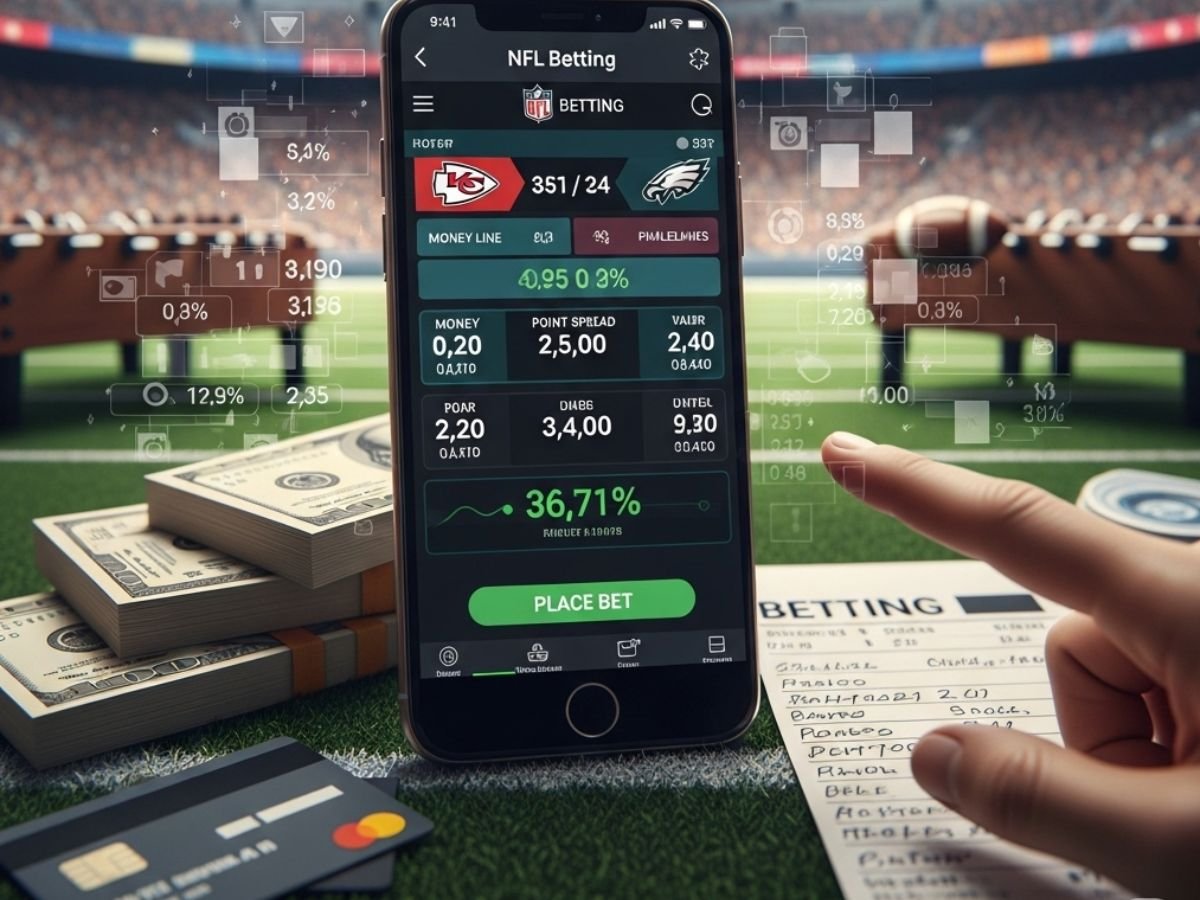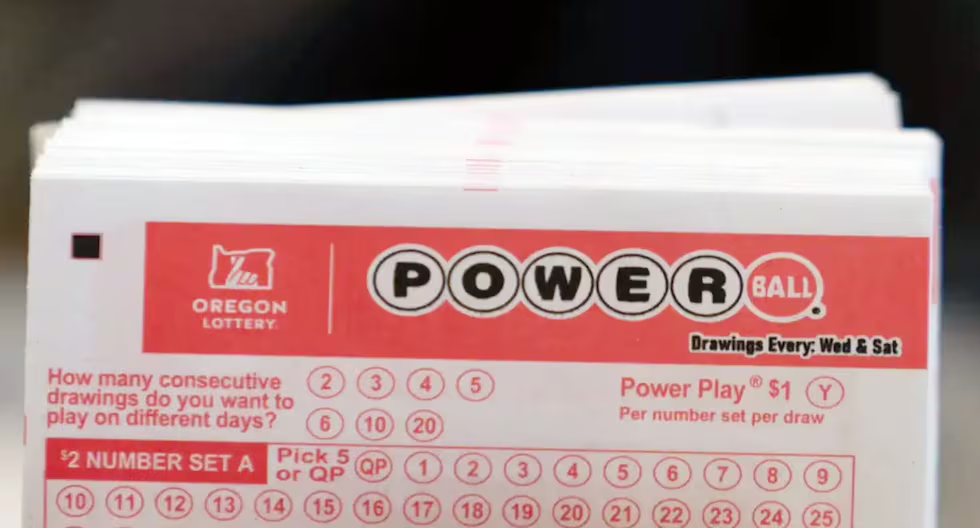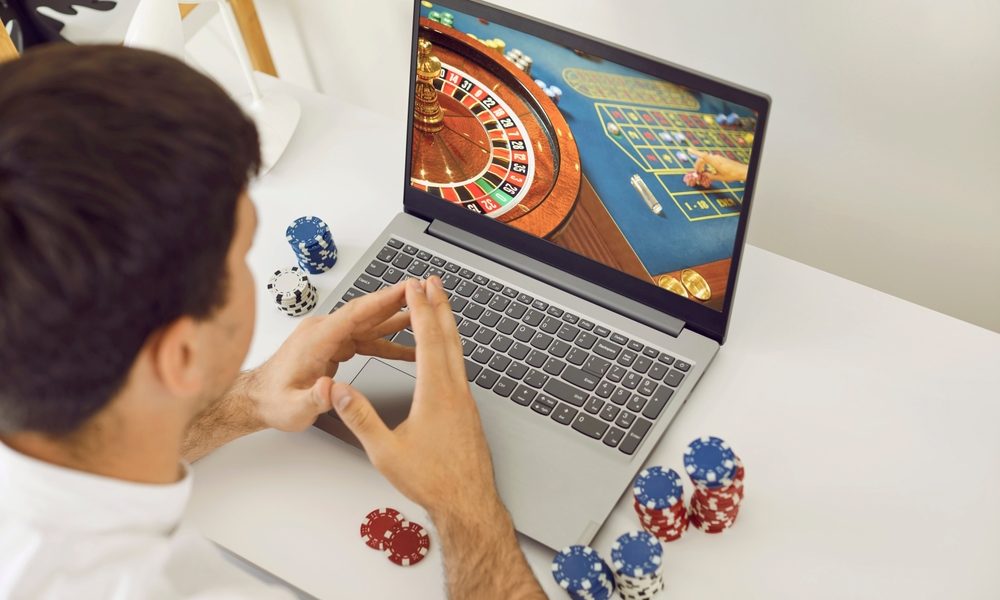Every bettor has seen it: headlines or tips claiming to reveal the “best bets for today’s games.” But how do experts actually decide which wagers deserve that label? Behind every expert pick is a mix of data analysis, betting psychology, and market awareness. These aren’t guesses or fan-based opinions, they’re calculated choices built on years of experience and proven methods.
For the average US bettor, understanding how experts arrive at their best bets can make the difference between chasing hunches and building a consistent, disciplined strategy. This guide breaks down the key factors experts evaluate before they put out their daily picks and explains how you can use the same approach to sharpen your own betting game.
Also read: Scores and Odds in Sports Betting: The Complete Guide for Beginners
Step 1: Breaking down the odds
Oddsmakers release opening lines based on statistics, simulations, and historical trends. Experts don’t just look at those odds—they look at how they change. Early line movement often reveals where sharp money is going. If a line shifts quickly after opening, it can signal that professional bettors see value. Tracking these moves helps experts spot bets with an edge.
Step 2: Using advanced stats
Basic stats like win-loss records or average points scored are rarely enough. Experts rely on deeper numbers:
- Football: DVOA, EPA, and success rate to evaluate team efficiency
- Basketball: Offensive/defensive ratings, pace, and usage rates
- Baseball: FIP, WAR, and bullpen performance
- Hockey: Expected goals (xG) and Corsi/Fenwick possession metrics
By comparing advanced stats to public perception, experts identify mismatches where sportsbooks may have set inefficient lines.
Step 3: Considering situational factors
Not all games are equal. Experts account for variables like:
- Short rest days (e.g., NBA back-to-backs)
- Weather conditions in outdoor sports
- Travel schedules and time-zone changes
- Injuries or late lineup news
These situational edges often swing games in ways casual bettors overlook.
Step 4: Reading the betting market
Experts constantly monitor the split between public and sharp money. If 80% of bets are on one side but the line moves the other way, that’s a clear signal sharp bettors are influencing the odds. Experts often align with the sharper side rather than following the crowd.
Step 5: Discipline and selectivity
Not every game has a “best bet.” Experts know that forcing plays leads to losses. Instead, they filter dozens of games down to just a few with real value. Consistency, not volume, separates expert bettors from casual ones.
How you can apply this approach
- Track line movement daily before placing wagers
- Compare advanced stats with public narratives
- Avoid betting just because a game is popular or televised
- Focus on bankroll management as much as picking winners
By adopting the expert mindset, you can improve your betting process and avoid the traps most recreational bettors fall into.
Also read; NFL Games This Weekend: TV schedule, predictions, matchups & betting insights
FAQs
Q1: Do experts always win their “best bets”?
No. Even the best bettors lose often. A strong expert aims for long-term profit, not perfection in every game.
Q2: Are “best bets” the same as locks or guaranteed wins?
No. “Lock” is marketing language. Every bet carries risk, even if the analysis strongly supports one side.
Q3: Where do experts find advanced stats?
Most rely on specialized analytics sites like Pro Football Focus, FanGraphs, Basketball Reference, or Natural Stat Trick, depending on the sport.
Q4: Should I just copy expert picks?
You can follow them, but blindly tailing isn’t a strategy. Use expert reasoning to learn and develop your own decision-making process.
Q5: Why do experts sometimes disagree on the same game?
Because models, stats, and weighting differ. One expert may value momentum and injuries more, while another relies heavily on long-term stats.








